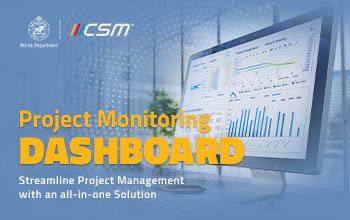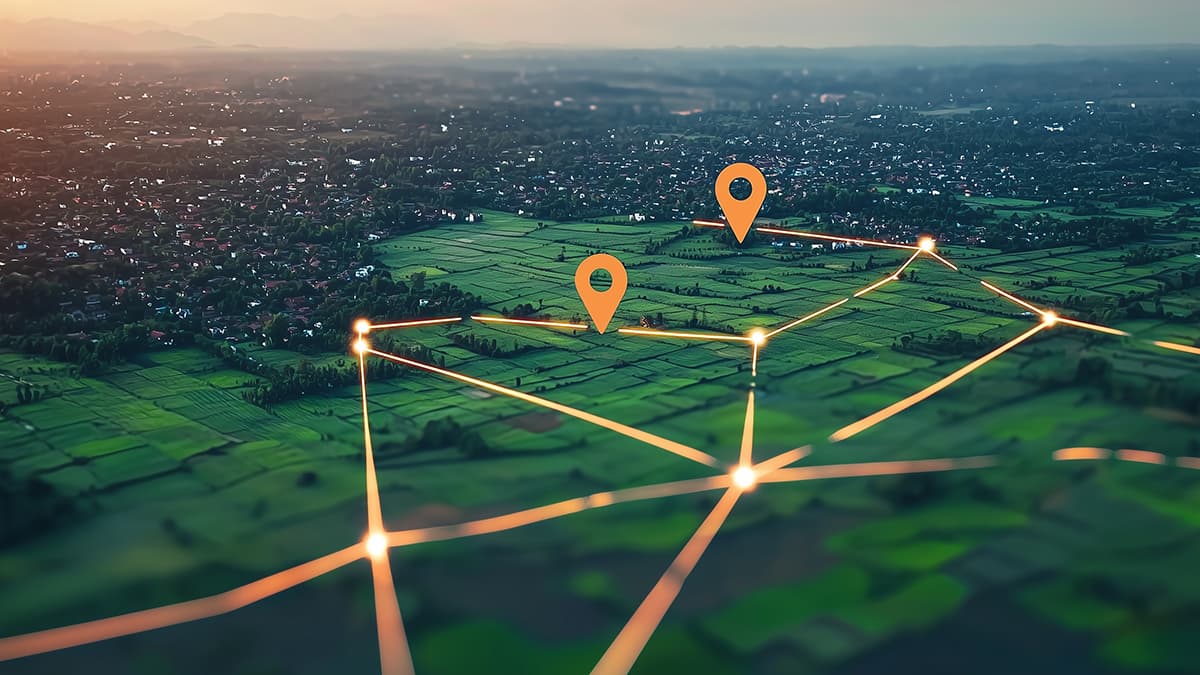.jpg)
Corruption and lack of transparency have been longstanding issues that Kenya has fought for decades now. In Transparency International's 2021 Corruption Perceptions Index, Kenya ranked 128th out of 180 countries for public sector corruption. However, emerging technologies like blockchain, artificial intelligence (AI), and big data analytics present new opportunities to overcome graft and opacity.
A 2020 Afrobarometer survey found that a majority of Kenyans believe that "some," "most," or "all" officials in key institutions like the presidency, parliament, police, and tax agency are corrupt. Over 40% felt the government does a poor job fighting corruption. Lack of transparency enables bribery, nepotism, misuse of public funds, and other abuses. It also erodes public trust in government.
.jpg)
How New Technologies Can Help
Blockchain: Kenya already uses blockchain-based distributed ledgers to connect land registries across the country. This reduces processing times, boosts security, and enhances transparency in land transactions. Similar systems could improve transparency in government procurement, voting, delivery of services, and more.
AI: AI tools can analyze government budgets, contracts, and expenses to flag anomalous transactions that may indicate graft. Pattern recognition can help detect nepotistic hiring practices. Chatbots can assist whistleblowers in reporting corruption safely and securely.
Big Data Analytics: Advanced data mining techniques can identify suspicious patterns and relationships in massive datasets. This allows auditors and watchdog groups to more easily detect fraud and abuses of power across government agencies and departments.
Success Stories
In Andhra Pradesh, India, blockchain-enabled e-procurement for government contracts boosted transparency, cut processing time by 80%, and saved $200 million annually. Colombia and Brazil use AI to analyze public contracts and are uncovering millions in misspent funds. Estonia's e-Estonia platform offers 2,400 government services digitally to boost transparency and reduce corruption risks.
In Ethiopia, CSM worked with Federal Ethics and Anti-Corruption Commission to implement an assets disclosure platform that significantly improved transparency around assets held by public officials.
Leveraging these technologies thoughtfully and ethically, Kenya can enhance transparency, rebuild public trust, and demonstrate that government can be accountable to its citizens. But technology alone is not the answer - political will and public oversight will be critical to create an environment of openness.
Emerging technologies are powerful tools in the fight against corruption. But technology must be accompanied by leadership committed to reform and ongoing public participation. If implemented properly and for the public good, innovations like blockchain, AI, and big data analytics can usher in a new era of transparency in Kenya.


























































We will verify and publish your comment soon.